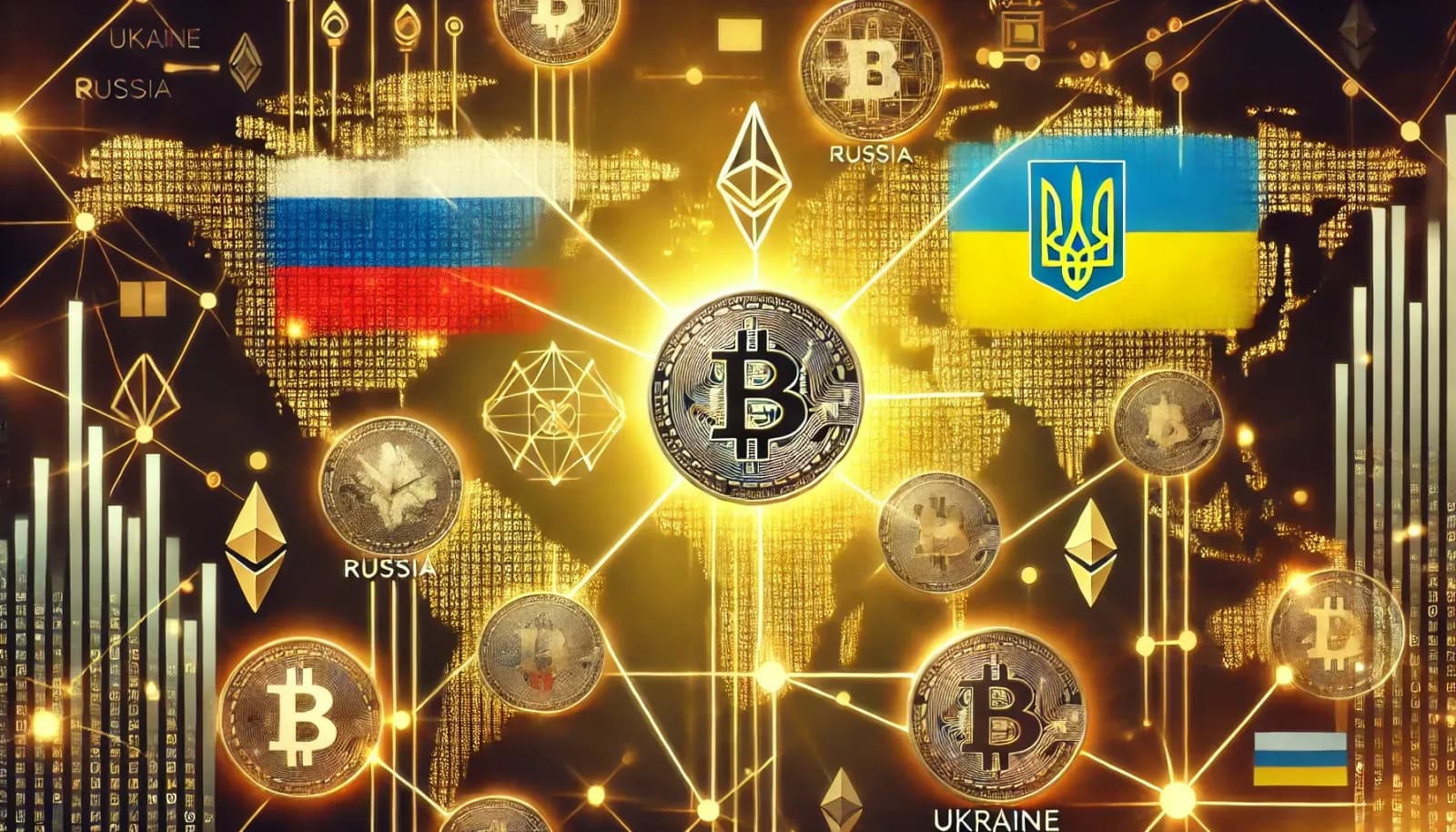Decentralised Finance (DeFi) is seeing a surge in activity in Eastern Europe, particularly Russia and Ukraine, leading to both countries climbing ranks in the Global Crypto Adoption Index. This is happening despite the ongoing geopolitical tensions in the region. This shows how adaptable and resilient crypto economies are despite the challenges they face.
As per the report from the Blockchain data firm Chainalysis, Russia is in 7th position while Ukraine enjoys 6th position on the Index. Even though Russia has been at war with Ukraine and facing incredible economic sanctions for more than 2 years, it has climbed six spots in the Global Crypto Adoption Index this year. It is further underlined in the report how Eastern Europe is gripped by crypto inflows. While Ukraine received $106.1 billion in this inflow, Russia got $182.44 billion.
Substantial crypto inflows have been observed by Decentralized exchanges (DEXes) across Eastern Europe, in which Russia’s DEX grew by 173% to reach $58.4 billion while Ukraine is at $34.9 billion because of 160% DEX growth. Several other nations in Eastern Europe like the Czech Republic, Hungary, and Moldova are also experiencing a DeFi surge. The 3 countries' DeFi lending services have received $11.29 billion in cryptocurrencies.
Transaction patterns in Ukraine and Russia reveal interesting trends in DeFi adoption. Ukraine witnessed a staggering 361.49% increase in large institutional transactions (over $10 million), which dominated its DeFi activity. Simultaneously, the country saw significant growth in both large and small retail transactions, suggesting a grassroots adoption of crypto for everyday spending amidst geopolitical challenges and efforts to recover from inflation.
However, the DeFi landscape is different as it has encountered large amounts of institutional transfers along with Slovakia, Poland and Belarus. The country is also witnessing an increase in home-made crypto services, especially no-KYC exchanges which indicates the effect of sanctions on banks that can’t convert fiat to digital assets, resulting in local people doing it.
The DeFi growth in Eastern Europe is on the same trajectory as global trends as seen from the DeFi protocols’ touching $55.28 billion in total value locked (TVL) in October last year. However, this DeFi surge is not restricted to this region as seen by the 271% rise in year-on-year DeFi interactions from unique addresses.
The surge in DeFi activity in Ukraine and Russia underscores the potential of decentralized financial systems to provide economic alternatives in challenging circumstances. It demonstrates how DeFi can offer financial inclusion and stability in regions facing geopolitical uncertainties and economic sanctions. However, this growth also raises regulatory concerns, particularly regarding the use of no-KYC platforms to potentially circumvent sanctions.



